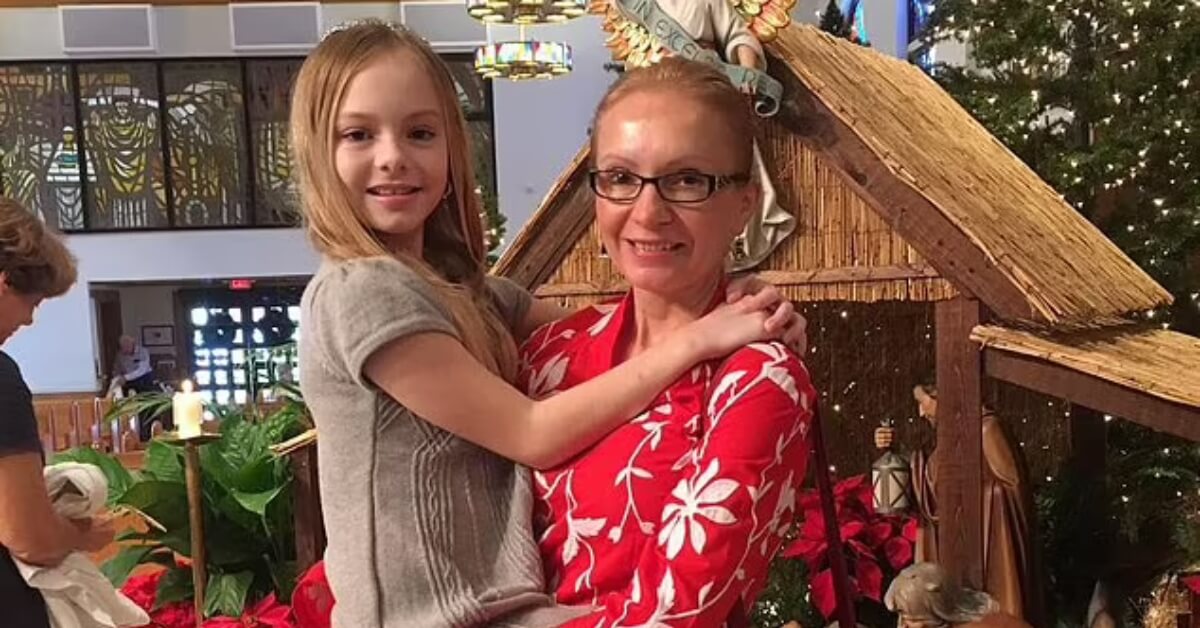According to the study by Healthcare Research and Quality, out of 130 million annual visits to the U.S. emergency departments, 250,000 patients lose their lives due to misdiagnosis, whereas 370,000 had escalation of their condition due to neglect, causing serious harm. Roughly 7.4 million people are inaccurately diagnosed during emergency visits in the USA.
Does the healthcare facility have more authority over someone’s child than the parent?
The following case has shocked the nation, as the Netflix documentary “Take Care of Maya” narrates the tragic case of a mother who was trying her best to protect her daughter, being accused of child abuse against her own.
On November 7, 2023, a jury in Sarasota County reached a verdict that Johns Hopkins Hospital was liable for causing emotional distress to Maya’s mother, Beata Kowalski, which led her to death by suicide in 2017. The Kowalski family filed a lawsuit against the Johns Hopkins Hospital for $211 million in damages, citing false imprisonment, battery, medical negligence, inflicting emotional distress, and fraudulent billing. The jury also awarded the Kowalski family an additional $50 million in punitive damages.
What Did Beata Do to Maya? What Happened to Beata Kowalski in Maya?
A mother knows better….
Beata Kowalski, an immigrant from Poland, was a home care nurse, while her husband, Jack Kowalski, was a retired Deputy Fire Chief. They had two kids, Maya and Kyle, and lived in Venice, Florida.
On the 4th of July weekend of 2015, when the kids were playing, Maya suffered a severe asthma attack. She was immediately taken to St. Petersburg Hospital. The doctors couldn’t diagnose Maya’s condition, and she complained of full-body aches with a burning sensation in her limbs.
The family then took her to Johns Hopkins Hospital but met the same disappointing fate. The doctors couldn’t determine why Maya was suffering from excruciating pain when she had no visible symptoms.
Through her research, Beata discovered another physician, Anthony Kirkpatrick, who studied complex regional pain syndrome. This a rare neurological condition that triggers the brain to send a signal of unbearable pain in the body even with the slightest external touch.
When Maya was again admitted to the Hopkins Hospital, Beata insisted that she be given Ketamine to end her daughter’s suffering.
The hospital staff considered her behavior to be odd and believed that she made up a condition for her daughter. This is also called Munchausen Syndrome by proxy. The hospital called child protective services against Maya’s parents. At that time, the judge allowed the hospital to keep Maya under their care and prohibited the parents from meeting her.
After 87 days of separation from her daughter, Beata couldn’t take it anymore and ended her life in January 2017 at just 43. She wrote an email before her death–
“I’m sorry, but I no longer can take the pain being away from Maya and being treated like a criminal. I cannot watch my daughter suffer in pain and keep getting worse.”
What Did Maya Have In Taking Care of Maya?
CRPS Complex Regional Pain Syndrome:
Maya’s diagnosis of CRPS was actually correct, which means Beata was telling the truth all along. CRPS is a neurological condition. Due to a lack of extensive research, not many healthcare professionals are aware of the existence of such a condition.
According to the National Institute of Neurological Disorders and Stroke, CRPS can be caused by “damage to or improper function of the small peripheral C-fiber nerve fibers that carry pain messages to the brain.”
CRPS can be triggered by the trauma of the previous injury, which can often lead to prolonged pain, strokes, inflammations, etc.
Read here for full details on CRPS.
Maya experienced the majority of the symptoms, starting at the age of 9, including burning sensations, muscle stiffness, atrophy, and more. At one point, Maya’s feet had turned inwards, making it difficult for her to walk.
Some experts believe that CRPS is also a psychosomatic condition.
CURE: There is no cure for CRPS as of yet.
However, doctors prescribe Ketamine, a drug that stops the nerves from sending false signals to the brain of pain.
After seeing her daughter in the worst condition, Beata asked the medical staff to give her 1500 mg of Ketamine. The doctors thought that Beata was exploiting her own daughter by giving her unwarranted drugs.
But as it turns out, Beata was right all along.
Did Maya Win Against John Hopkins?
Weary of the hospital’s incompetency, Beata was in severe mental distress. To top it off, the hospital accused her of Munchausen syndrome by proxy, a condition where a person creates hypothetical scenarios so as to gain sympathy or attention for taking care of a sick person.
Johns Hopkins Hospital convinced the judge to keep Maya separated from her family for 87 days while accusing the parents of putting their own daughter in this condition.
Beata committed suicide shortly after.
Now, the Kowalski family has sued the hospital for–
- False imprisonment
- Battery
- Medical negligence
- Fraudulent billing
- Survivor claim for intentional infliction of emotional distress (Estate of Beata Kowalski)
- Wrongful death claim for intentional infliction of emotional distress causing death
- Maya Kowalski’s claim for infliction of emotional distress
The jury finally came to a unanimous decision that the hospital was viable for causing Beata’s death by falsely accusing her. They also found the hospital guilty of the above claims.
In short, Maya Kowalski has won the $211 million lawsuit. The family is also awarded an additional $50 million for punitive damages.
You can stream teh documentary “Take Care Of Maya” on Netflix.
What is your verdict on this? Do you think the hospital abused its power to separate a family? Let us know in the comments section below.
Source: KFF Health News

